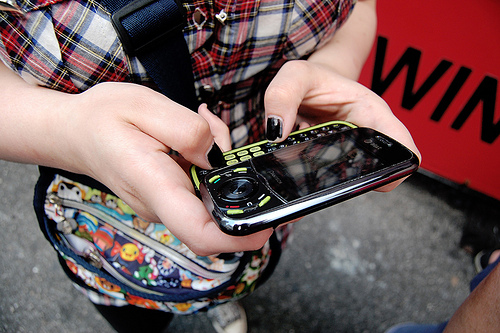By Corey G. Johnson
Civil rights groups recently intervened in a free-speech controversy at the San Francisco Unified School District after a school suspended three high school seniors and banned them from graduation and prom over comments they made online.
The students were suspended from George Washington High School after a teacher learned about postings on a Tumblr page called "Scumbag Teachers." Some of the comments allegedly linked to the students included: "Teaches Pink Floyd for 3 Weeks; Makes Final Project Due In 3 Days” and “Nags Student Govt About Being On Task; Lags On Everything.”
The school principal accused the students of cyberbullying. They were suspended from school for three days, banned from prom and told they couldn't walk with their classmates during graduation. One of the students was kicked off the student council.
The Asian Law Caucus and ACLU of Northern California said they were concerned that the students' rights were being violated and wrote letters to district officials questioning whether the students and parents were given due process. The district then reinstated the students.
The district's initial punitive actions prompted student outrage on other Tumblr sites. One student stated:
Find it ironic how Washington led the American Revolution against the British soldiers for freedom from King George, and here you are, sitting in this school trying to control the students the exact same way the king was, by taxing not our goods, but our freedom of speech. Washington himself would be appalled.
Another student wrote:
What kind of school environment do we live in where Tumblr allegedly is treated like a weapon? Where people are now afraid to write and express their feelings and opinions in a Tumblr community in fear that the adults that are supposed to encourage and teach us the meaning of “freedom” and “free expression” are the ones stamping it down and treating it with a double standard.You know what is ironic? In school we are going over 1984 by George Orwell and Brave New World by Alduous [sic] Huxley. Both are dystopian novels which express a fear of a future in which individual opinions are banned and people live in an authoritarian rule stripped of freedom and self-expression. What is so different from those novels and this situation in this school?
The district, the Asian Law Caucus and ACLU of Northern California all declined to name the school and the students involved. California Watch learned the name of the school from online postings and an interview with a student who attends Washington.


